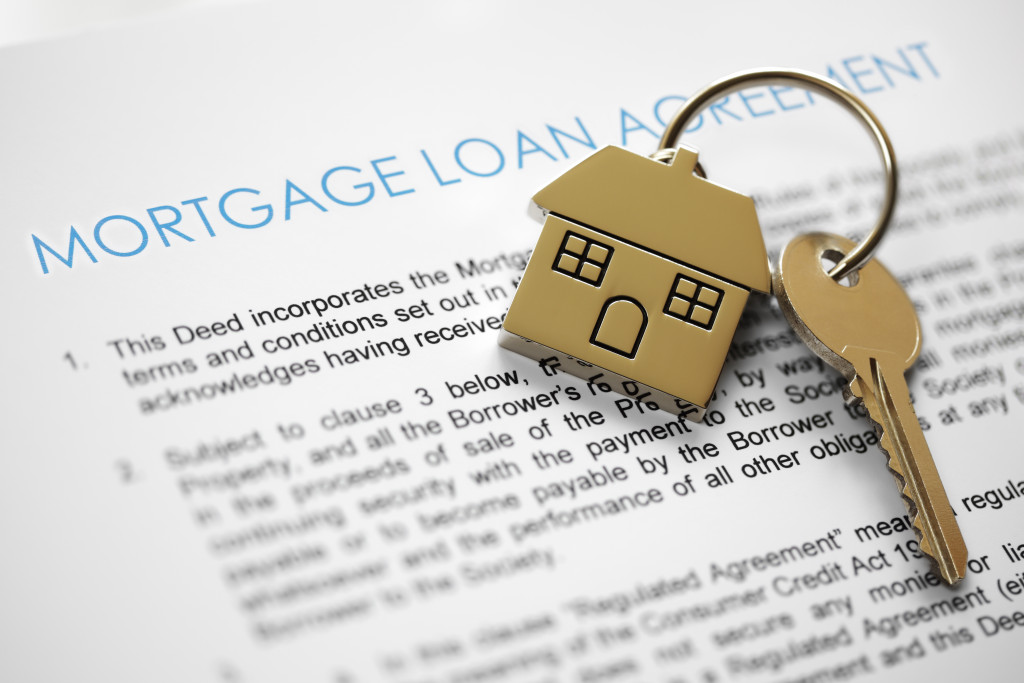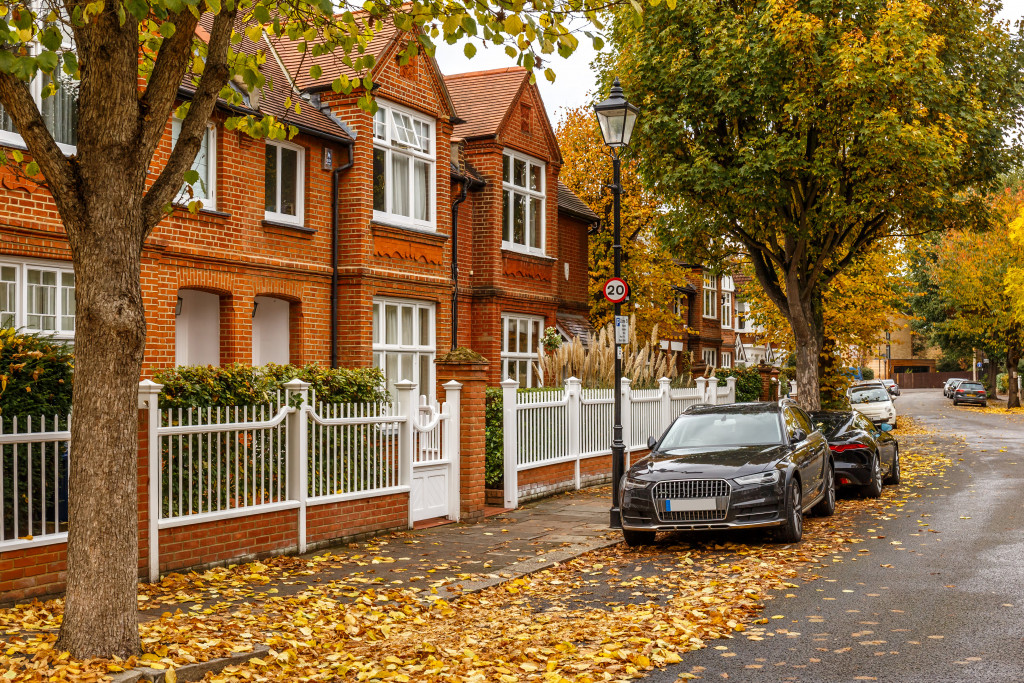Buying a home, especially for the first time, is exciting and all—until the hidden costs come. Unfortunately, you cannot avoid them. Not every home in the listings is as pristine as they look. Many contain maintenance issues, security issues, and other invisible imperfections.
With the average home prices in London reaching £661,000, it’s dreadful to think that you’d pay more than that when you finally buy a home. And if you want to live in the more posh neighborhoods, expect to pay at least £1M.
Renting could be more practical if you can’t make that much money. The average rent for a one-bedroom flat in the city center is £1,300 to £2,500. In the city’s outskirts, it’s only £1,000 to £1,600.
Three-bedroom flats in the city center cost £2,300 to £4,500 to rent, while those in the outskirts cost £1,700 to £2,800. If these prices are within your budget, then consider renting for now.
But calling a home your own is undeniably better than renting. Homeownership comes with a lot of perks, albeit expensive. Still, you can make money out of it through equity or after a resale.
But then again, the hidden costs are a pain to deal with. To avoid unpleasant surprises, here are the steps to budgeting for the hidden costs:
1. Conduct a Thorough Home Inspection
Don’t let the perfect photos of a house fool you. Take a tour of it first before making your final judgment. Inspect every nook and cranny, preferably with a real estate agent or a professional home inspector. An inspector’s trained eyes will spot potential mold, pests, and other costly damage. Meanwhile, real estate agents are well-versed in how sellers hide the imperfections of a home. They know where to look and the questions to ask.
Note, however, that there are is no perfect property in the market. Each home will contain flaws unless it’s newly built. But even those homes can also have minor issues. Hence, manage your expectations before touring homes.
Your thorough inspection will help you estimate the costs of repairs or renovations if either is needed. When you reach an estimate, that’s already the possible hidden costs. Find out if you can afford them or if they’d be worth the money. If not, find another property with fewer issues.
2. Factor Moving Costs and Insurances in Your Budget
Don’t forget that you’ll likely hire help on your moving-in day. Movers charge depending on the transport you’d need as well as the weight and number of items you’d ask them to load and unload. If you’d also need their help with packing, that’s an additional fee as well.
Insurances, on the other hand, may come with your mortgage. You may also be required to get homeowner’s insurance. Both are just small fees but note that you’d pay them every month.
3. Find a Mortgage Advisor

Getting a mortgage for the first time can feel intimidating. There are different types of mortgages, and you may not know which one is right for you. Hence, seek help from a mortgage advisor. They’re not the real estate agents who would represent you to the seller during the home-buying process. Instead, mortgage advisors match you with the right lender. They ensure that you will get a loan with a down payment you can afford.
This is a crucial step because interest rates can also be a hidden cost. Whether you get a fixed-rate mortgage or an adjustable-rate one, you run the risk of going over your budget when you pay monthly. For example, if the interest rates fall to 2% next year, you’ll still pay 3% if you have a fixed-rate mortgage. Alternatively, if you have an adjustable-rate mortgage, its interest today may double up next year.
Hence, work with a mortgage advisor to help predict the market’s movement and how it will affect your future payments.
4. Budget for the Costs of Living
Lastly, consider if you can afford the costs of living before moving to London. One of the first expenses you’ll incur is groceries. In London, the average weekly grocery bill is £50 to £70. That covers a loaf of bread, dairy, meat, some fruits and vegetables, white rice, and potatoes. It can also afford you a bottle of wine and a pack of cigarettes.
Public transportation costs £49 to £50 if you’d get a monthly pass. If you’d drive your own car, petrol costs £1.17 to £1.36 per liter.
Other costs to consider are entertainment and dining (e.g., film, pubs) as well as sports and fitness. If you wish to start a family, education and childcare should also find a way into your budget.
Don’t make the mistake of not anticipating these costs when you move to London. As one of the most glamorous cities, nothing is cheap here. Ensure that your income stays stable and that you can make money fast whenever you need it.


